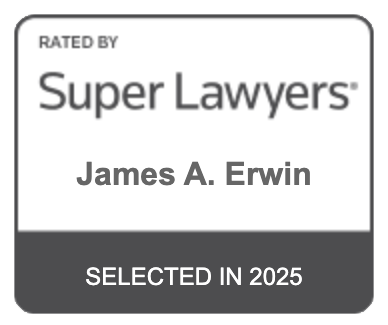When navigating the seas of professional writing, it's crucial to be mindful of phrasing. A commonly-used phrase, "please advise," can sometimes, inadvertently, lead to choppy waters. Here's why you may want to reconsider using it in your professional emails, legal documents, or other correspondences.
The Ambiguity of the Ask
"Please advise" is a blanket statement that lacks the precision typically needed in professional communication. The request is ambiguous, failing to clearly specify what kind of information or action is needed. This vagueness places an undue burden on the recipient to decode the intended meaning, creating unnecessary hurdles to providing a helpful response.
Clear Communication: The Bedrock of Professionalism
Professionally speaking, effective communication relies heavily on clarity and specificity. When "please advise" is thrown into the mix without any clear question or context, it becomes a recipe for potential misunderstandings or delays. Always remember, a well-articulated query will lead to a precise and swift response.
Unintentional Passing of the Buck
"Please advise" could inadvertently signal a lack of initiative. It can seem as though the sender is shirking responsibility, and leaning on the recipient for guidance or to make decisions. This phrasing may portray the sender as avoiding their due ownership of the problem, which could be professionally damaging.
The Hidden Time Thief
The use of "please advise" can unwittingly eat into precious time. With no clear request, the recipient might need to send follow-up questions to clarify what exactly is needed. This can lead to an avoidable back-and-forth, disrupting productivity and slowing down progress.
Professionalism: It's All in the Tone
Setting and maintaining a respectful and professional tone in your emails and correspondence is paramount. The phrase "please advise" can sometimes come off as demanding or impolite. It gives an impression that the recipient is expected to provide immediate guidance or instructions, without offering them any context or clear question.
To enhance your professional communication, try replacing "please advise" with more clear, specific queries or requests. Providing sufficient context can significantly streamline the response process. Not only does this show your professionalism, but it also displays respect and consideration for the recipient's time. Remember, good communication is the cornerstone of effective and efficient professional relationships.

All materials herein have been prepared by Erwin Law for informational purposes only and are not legal advice. Transmission of the information is not intended to create, and receipt does not constitute, an attorney-client relationship between you and the rm. You should not act upon this information without seeking professional counsel.
Copyright © 2025 Erwin Law. All Rights Reserved.